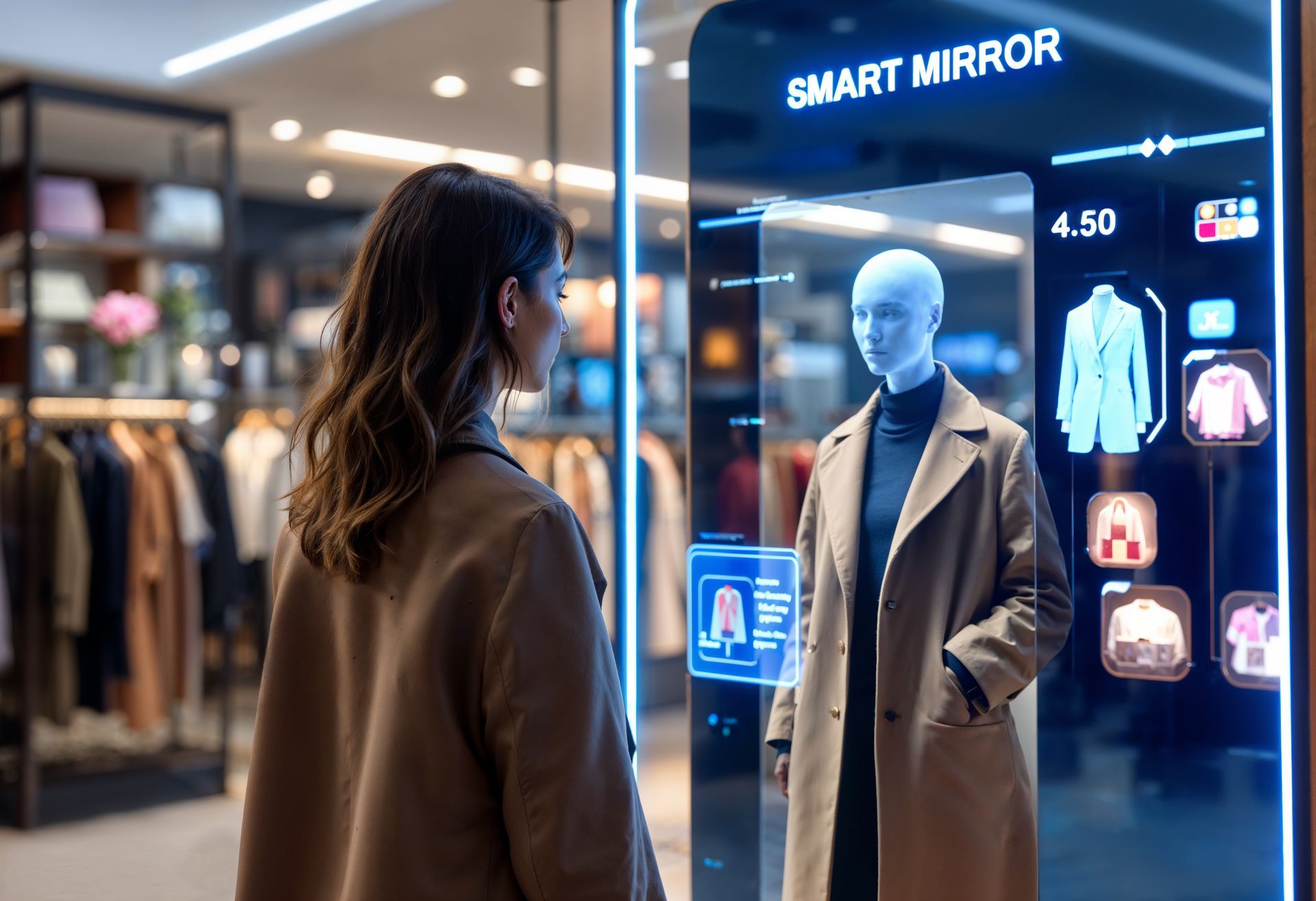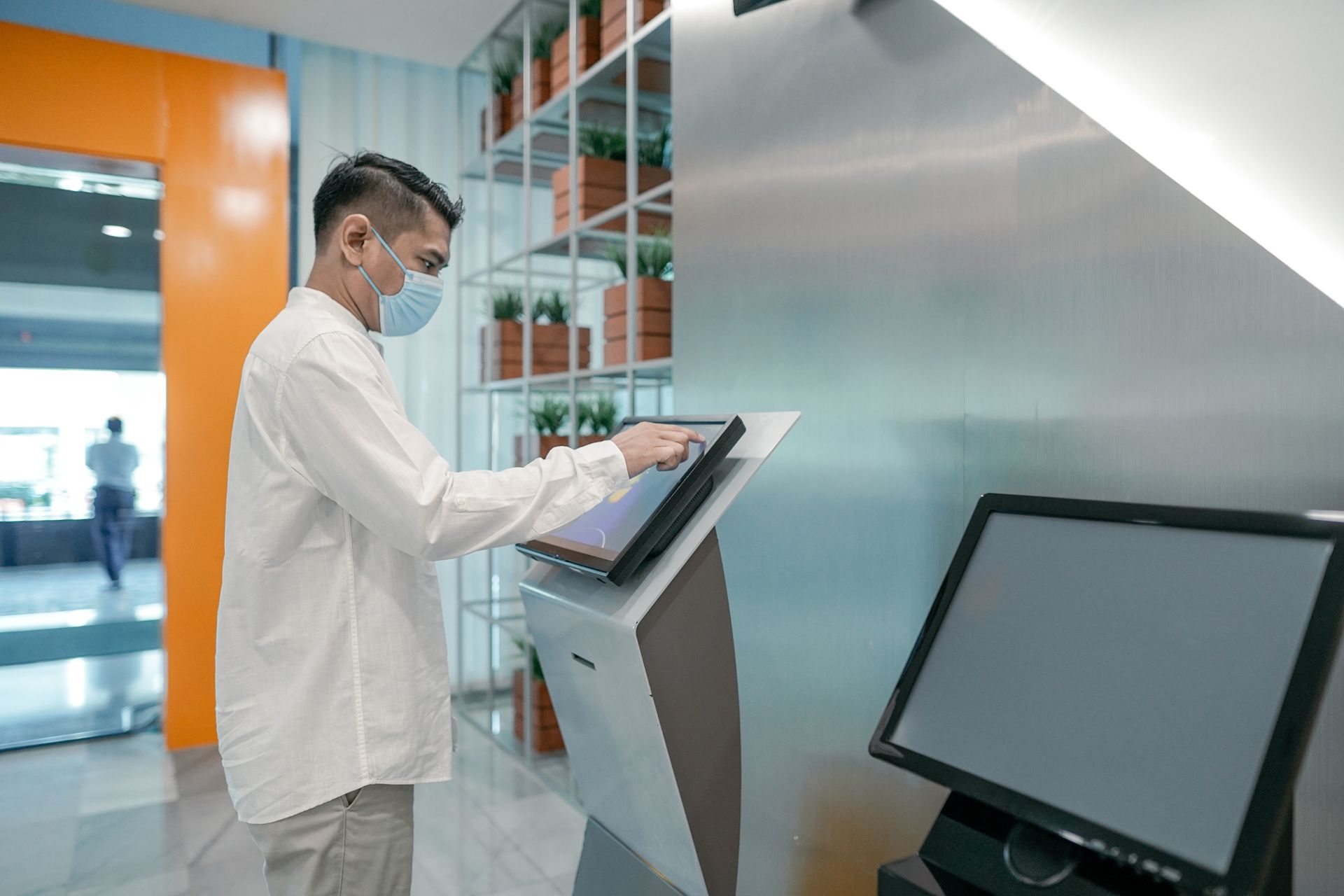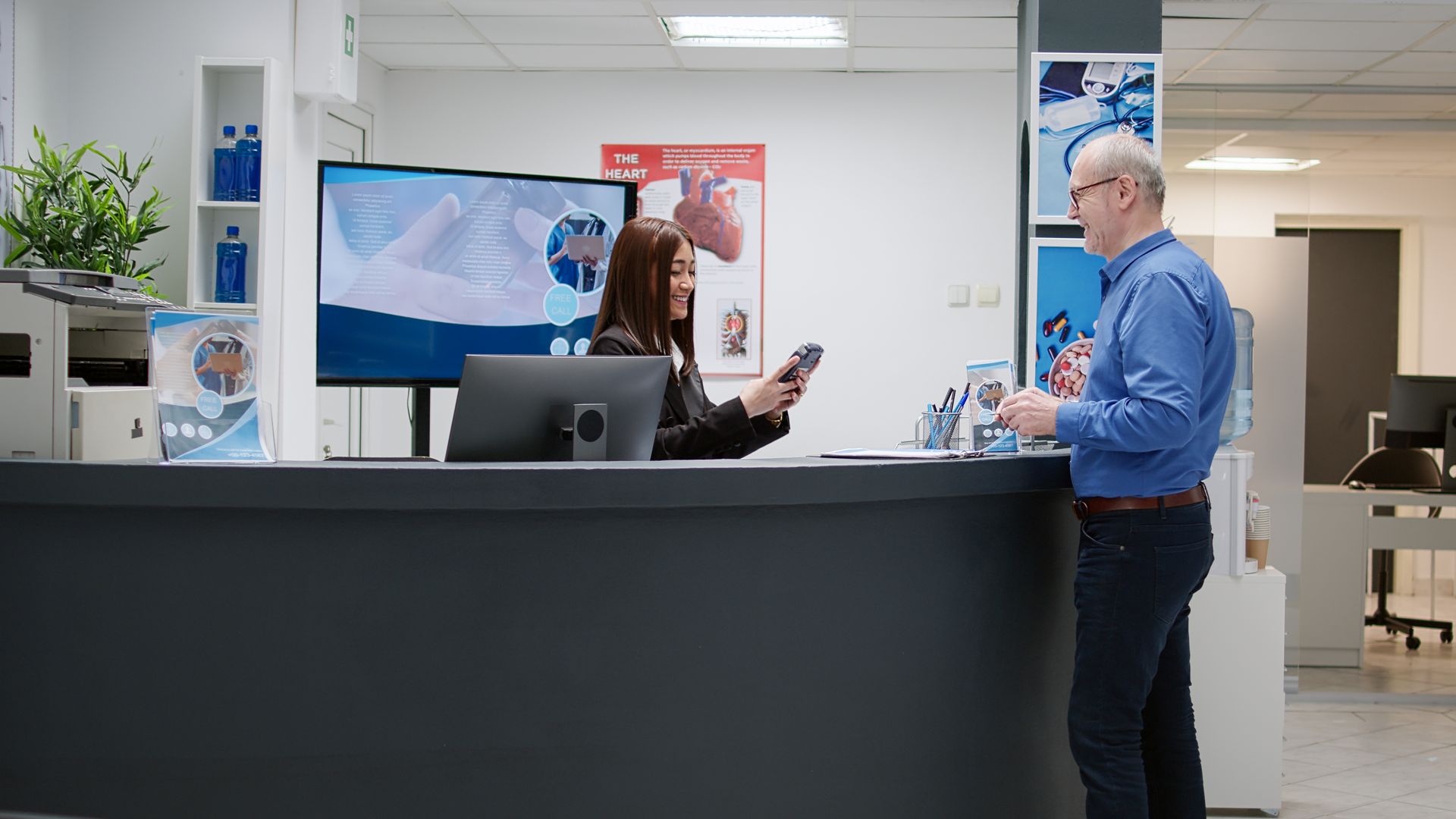How Self-Service Kiosks Are Transforming Retail and Hospitality Industries
Self-service kiosks are no longer an idea for a distant future but are essential tools for any contemporary retailer and restaurateur. From supermarkets to hotels, self-service kiosks are becoming a new way for companies to communicate with clients. These self-service technologies enable customers to become more independent in their experience, providing them with ease and effectiveness, as well as saving companies money.
What Are Self-Service Kiosks?
A self-service kiosk is a touch-screen device used by customers to complete transactions without the aid of a cashier. These tasks may include ordering a meal at an instant food establishment, registration in a hotel, or payment for provisions. Self-service kiosks are self-service technologies that are used to automate processes to make them faster, effective, and satisfying to the customers.
Self-service kiosks are stand-alone computers that vary from a simple touch screen to complete integrated self-service extremities linked to such things as AI and facial recognition. They have turned into indispensable aids for companies that strive to offer perfect customer self-service solutions.
Digital Self-Service in the Retail Industry
In the retail industry, the trend in digital self-service is becoming increasingly popular. Customers may engage self-service kiosks to search for products, check for their availability, and make payments. This saves time spent waiting and can also help business organizations handle more customers.
For instance, corporations like the grocery stores are adopting the self-service kiosks to allow the clients to pay for their goods via the kiosks as an added, quicker way to pay. Instead of standing in queues, a customer can select products, pack them, and make payment at the self-check station. This not only improves the significance of shopping but also improves the store logistics.
Self-service technology is also being combined with loyalty schemes, allowing customers to view their rewards and redemptions, as well as offers. Such a level of personalization increases customer interaction and helps create brand recognition.
Revolutionizing Hospitality Industry with Self-Service Portals
In the hospitality industry, self-service portals are changing the way guests engage with companies in the sector. For example, hotels are using self-service kiosks for checking and registration of guests as well as for checking out. A guest can avoid interacting with the receptionist, input their booking information, and get their keys in as little as five minutes. The self-service portals also give guests the flexibility of having things done their way. Whether it is changing their room type or requesting a massage, digital self-service tools are a perfect way to help guests manage their experience. This not only enhances customers’ experiences but also allows technicians to deal with issues that require their intervention most.

Advantages of Self-Service Technology in Retail and Hospitality
1. Enhanced Customer Experience
Self-service technology empowers the customers by providing them with an opportunity to control their experiences. Whether it is placing a special order for fast food or reserving a hotel room through a self-service kiosk or a self-service portal, customers like the convenience and time saved by such technologies.
2. Operational Efficiency
Self-service kiosks help to decrease the burden on employees because many tasks are performed mechanically. This enables organizations to direct resources within more critical sectors, hence enhancing general organizational productivity. For instance, eating places with self-service kiosks can lessen client wait time during rush hour by allowing the client to place the order themselves.
3. Cost Savings
Self-service technology is cost-effective, and its adoption can result in large cost reductions. Specialists also detected the fact that businesses can operate with fewer staff members without harming the quality of services. Also, self-service kiosks cause faster transactions, which in turn increase throughput and hence revenues.
4. Data Collection and Insights
Customers can provide a lot of useful information about their preferences and actions through self-service kiosks and portals. Such information enables businesses to develop their products and enhance their services. For example, an automated vending machine in a retail shop can perform analysis of the most selling items and recommend to management the best way to restock the inventory.
Practical Uses of Self-Service Kiosks
1. Quick-Service Restaurants (QSRs)
Self-service kiosks are prominently first used in quick-service restaurants. These kiosks create opportunities to set the order, pay for it, and obtain a receipt without standing in line. Digital self-service is now an important element that can help to improve the dining experience at QSRs.
2. Hotels and Resorts
In hotels, guests use self-service kiosks to check-in, check-out, and make changes in their bookings. Many of these kiosks are linked to touch-screen interfaces, through which the guest can get other services such as ordering food and information on other attractions in the area.
3. Airports
Airline companies employ self-check equipment for activities that include check-ins, baggage drop, and generation of boarding passes. These kiosks make work easier and minimize overcrowding, making the journey easier for the travelers.
4. Retail Stores
Self-service kiosks are applied by retailers for such purposes as product search, price comparison, and payment. Self-service technology is another way through which retail businesses can meet the needs of customers who are interested in using technology to shop.
Challenges and Considerations
Although they are beneficial, self-service kiosks have their drawbacks in their execution. Self-service technology should be designed in a way that is easily understandable by everyone, including disabled customers, in the course of their business. It also means that the primary equipment must undergo some regular maintenance to avoid jamming and other eventualities that would cause it to shut down.
Security is another important factor that must be met by the firm’s choices. Self-service kiosks process customers’ personal data including their payment information. This data must be protected by businesses and customer trust established to ensure that these measures are effective.
Self-service kiosks: the future of the industry
The advancement of self-service kiosks is far from being complete. The advancement in self-service technology is opening up the market for even more sophisticated solutions. For instance, when applied in kiosks, AI conducts machine learning to enable recommendations to be done based on the needs of the customers. Other features like card and NFC payments or voice recognition have also become common, improving the digital self-service concept.
Future developments of self-service kiosks will be oriented towards making the experience more and more engaging. For example, mobile technologies such as AR and VR could be applied in self-service technologies such as kiosks through application-based interactive product demonstrations and virtual tours.
Conclusion
Self-service solutions such as kiosks are fast becoming valuable additions to the retail and hospitality sectors due to the accessibility they present. From self-checkout kiosks in supermarkets to self-service kiosks in retail stores, from self-service check-in kiosks in hotels to self-service portals in hotels, these technologies put the power of control in the hands of the customer while at the same time delivering operational efficiency to businesses.
Self-service technology is a way to outcompete rivals, meet the needs of customers who are used to applying new technologies in their lives, and provide excellent service. Since the implications of self-service kiosks touch on the basics of interaction between the hotel and the customers, or retail and buyers.








